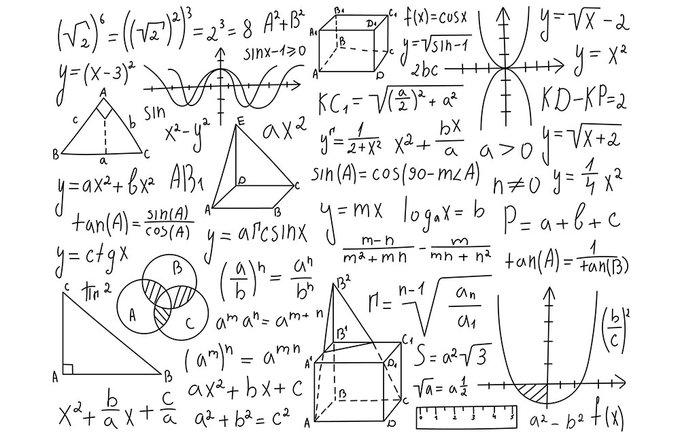Event JSON
{
"id": "09b258e2636201784f67c0fef1698d46cd75923d996bccd1dc3708d284d0b3ec",
"pubkey": "894dfb8e81fbea70ef2ce2a2cc306069ff39e80b2881775df3dbe035359080c2",
"created_at": 1726408213,
"kind": 1,
"tags": [
[
"p",
"2c1e489a82914597a8c67dd991f7a758db816ed9edf9e2e380d15e94e408ebad"
],
[
"t",
"science"
],
[
"t",
"logic"
],
[
"t",
"mathematics"
],
[
"imeta",
"url https://files.mastodon.social/media_attachments/files/113/141/879/757/044/454/original/ff61d6b79056473b.jpg",
"m image/jpeg"
],
[
"proxy",
"https://mastodon.social/@gutenberg_org/113141888707913943",
"web"
],
[
"proxy",
"https://mastodon.social/users/gutenberg_org/statuses/113141888707913943",
"activitypub"
],
[
"L",
"pink.momostr"
],
[
"l",
"pink.momostr.activitypub:https://mastodon.social/users/gutenberg_org/statuses/113141888707913943",
"pink.momostr"
],
[
"-"
]
],
"content": "Will the toughest problem in maths ever be solved?\n\nFor many, not just mathematicians, the Riemann hypothesis is the very definition of a supremely difficult problem that might be forever beyond our intellect. Most mathematicians had given up on it, being pessimistic about making any headway. But recently, the first progress – although not a solution – in more than 50 years has been made.\n\nBy David Whitehouse via nostr:npub19s0y3x5zj9ze02xx0hveraa8trdczmkeahu79cuq690ffeqgawksun3ggq\n\n#logic #mathematics #science\nhttps://files.mastodon.social/media_attachments/files/113/141/879/757/044/454/original/ff61d6b79056473b.jpg\n",
"sig": "b4caf3830ca9b4c1817137b997c968662c1e71b7ee28394dcfd497939123f2110ba9ac93d702b362da1fcdf0960b5db77de46cec4b2ab757ef82395aa37566bd"
}
